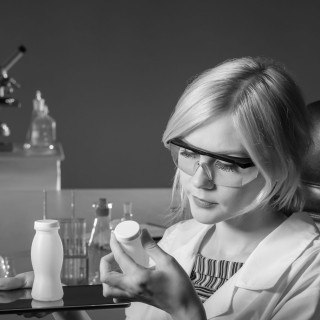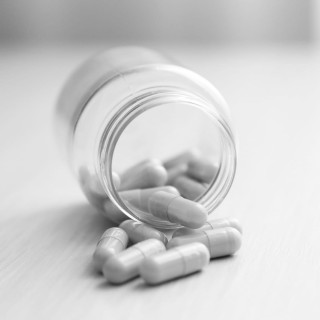
The gap between scientific evidence and food regulation: analyzing the updated Brazilian normative on the use of bioactives in food supplements
Brazil
Mar 30, 2021
The approval of new ingredients and compounds for use in food supplements is subjected to governmental regulations in many countries. In this context, there is a gap between what the scientific literature reports and how these translate into food regulation when it comes to bioactives. In this perspective piece, we analyze the case of Anvisas Normative Instruction (NI) N 76, which regulates food supplements in Brazil. This updated version of a previous Normative Instruction adds hyaluronic acid, boron, silicon, undenatured type II collagen, hydroxymethylbutyrate, methylsulfonylmethane, and palmitoylethanolamide to its list of approved compounds. According to the NI, only supplements containing undenatured type II collagen are allowed to make health claims on their labels. In addition, the list does not include any substance from major bioactive groups, such as phenolic compounds. However, this might be due to the fact that the metabolic fate of phenolics has not yet been completely clarified, which could contribute to the slowing down of their approval by Anvisa. In this case, safety issues would need to be sorted out, and a direct relationship between consumption and health effect would need to be established for allowing health claims to be made. Therefore, the need for studies on the bioefficacy of bioactive compounds is imperative.













